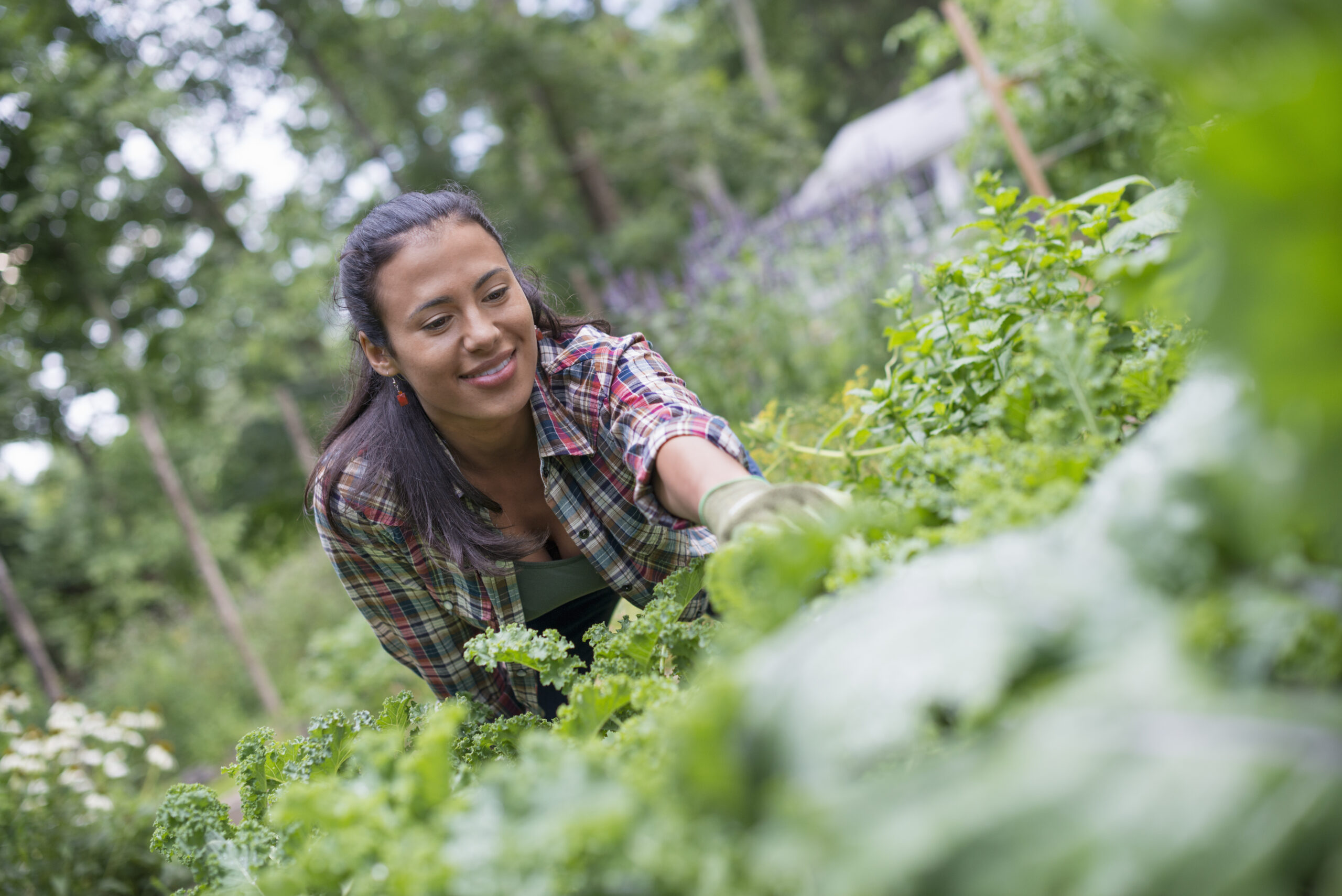Advocacy Efforts
Advocacy efforts related to Indigenous food sovereignty are crucial for addressing the historical and ongoing impacts of colonization on Indigenous food systems. Indigenous leaders and organizations across Canada are at the forefront of these efforts, working tirelessly to reclaim traditional food practices, secure land rights, and promote sustainable agricultural practices.
These advocates emphasize the importance of self-determination and the right of Indigenous communities to control their own food sources, aligning food production and consumption with cultural, social, and environmental values.
One significant aspect of advocacy is the push for policy changes that recognize and protect Indigenous land and food rights. Indigenous organizations are lobbying for legislation that supports land restitution, access to traditional hunting and fishing areas, and the protection of sacred sites. By influencing policy at local, provincial, and national levels, these advocates aim to create legal frameworks that uphold Indigenous sovereignty and ensure that communities can sustainably manage their natural resources and food systems.
Education and awareness-raising are also key components of advocacy efforts. Initiatives such as public campaigns, community workshops, and educational programs aim to inform both Indigenous and non-Indigenous populations about the importance of food sovereignty. These efforts often highlight the connection between food sovereignty and broader issues such as health, cultural preservation, and environmental sustainability. By fostering a greater understanding of these connections, advocates hope to garner widespread support for Indigenous food sovereignty initiatives and inspire collaborative action.
Collaboration and coalition-building are essential strategies in these advocacy efforts. Indigenous communities are forming alliances with non-profit organizations, academic institutions, and environmental groups to amplify their voices and resources. These partnerships can lead to the development of innovative projects, such as community gardens, seed-saving initiatives, and sustainable farming enterprises.
Through these collaborative efforts, Indigenous advocates are not only working to secure immediate food needs but also building resilient and sustainable food systems that will benefit future generations.
